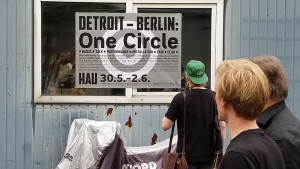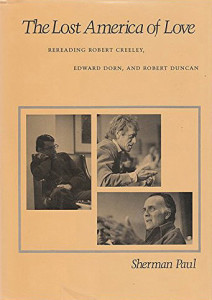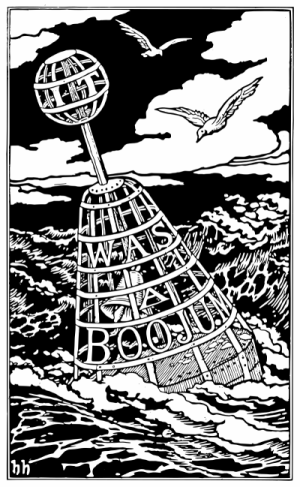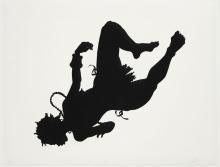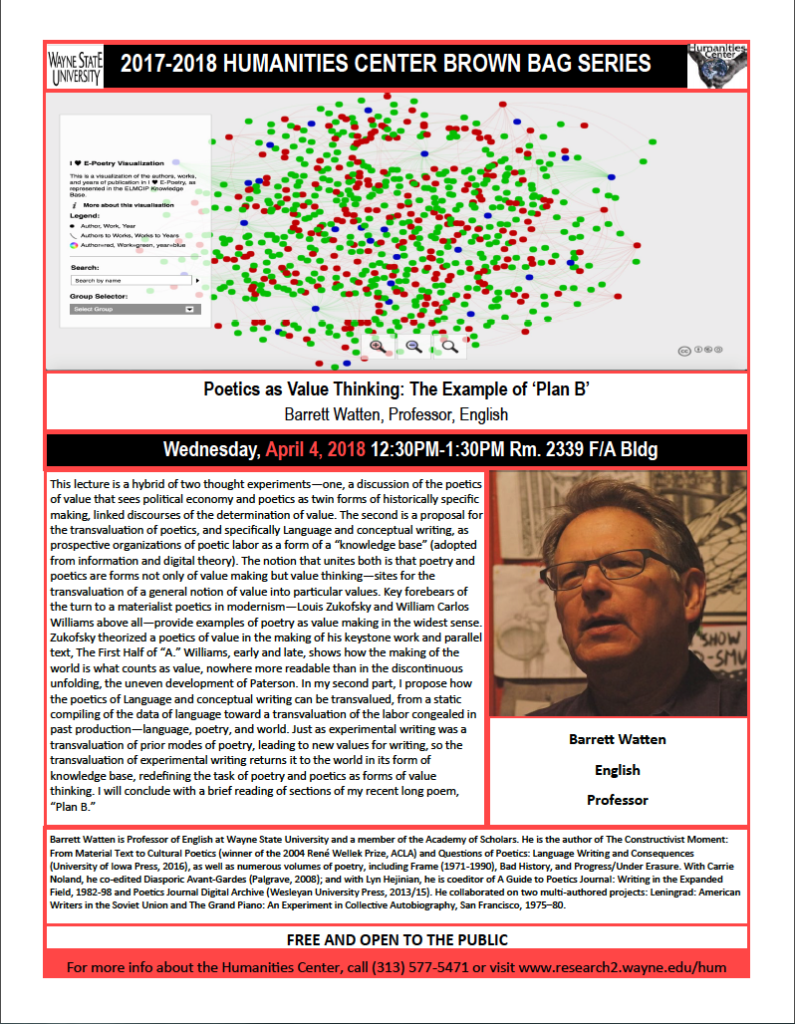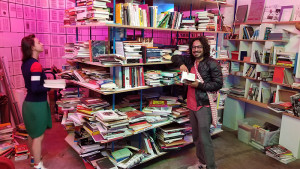
Adorno, Theodor W. Night Music: Essays on Music, 1928–1962. Trans. Wieland Hoban. London: Seagull, 2017.
artiCHOKE, no. 12. Feat. Fabiana Faleiros, Birgit Kreipe, Samuel Solomon, and Jackie Wang. Berlin: Vierte Welt, 2018.
Avermaete, Tom, Serhat Karakayali, and Marion von Osten. Colonial Modern: Aesthetics of the Past, Rebellions for the Future. Exhibition catalogue, Haus der Kulturen der Welt. London: Black Dog Publishing, 2010.
The Beatles. “Michelle” b/w “Girl.” 45 rpm. Cologne, Germ.: Odeon O 23 152.
———. ““No Reply” b/w “Eight Days a Week.” 45 rpm. Cologne, Germ.: Odeon O 22 893.
———. “We Can Work It Out” b/w “Day Tripper.” 45 rpm. Cologne, Germ.: Odeon O 23 122.
Detroit—Berlin: One Circle, 30.5–2.6.2018. Program catalogue. Berlin: HAU, 2018.
Flaßpöhler, Svenja. Die potente Frau: Für eine neue Weiblichkeit. Berlin: Ullstein, 2018.
Franke, Melanie, Silke Krohn, and Dieter Scholz, eds. The Scharf-Gerstenberg Collection Berlin. Exhibition catalogue. Munich: Prestel, 2008.
Fuchs, Von Konrad, and Heribert Raab. Wörterbuch Geschichte. 13th ed. Munich: Deutscher Taschenbuch Verlag, 2002.
… More

